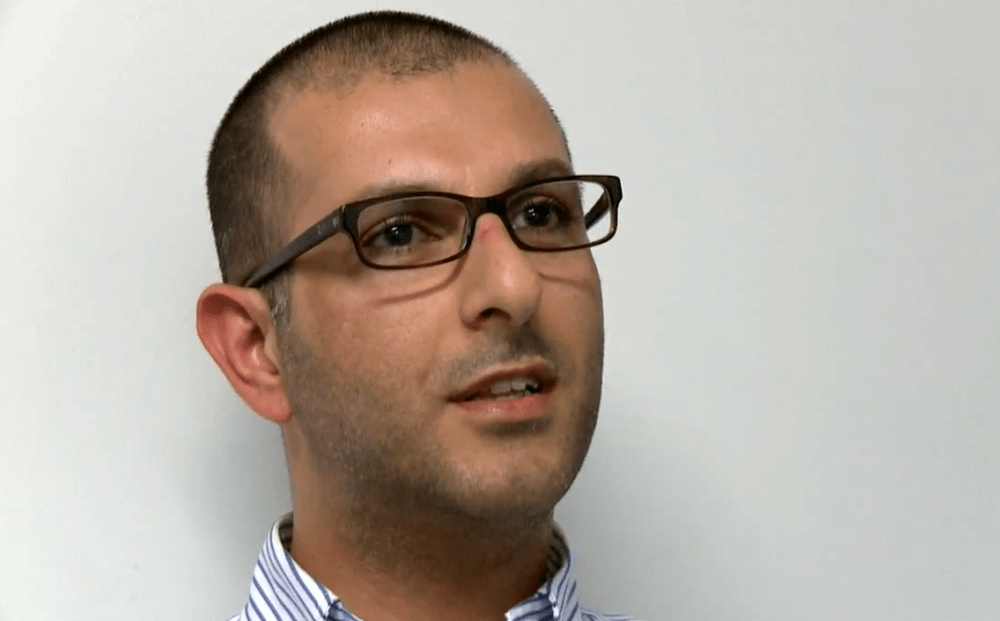Advertisement
Now A US Citizen, Former Iraqi Interpreter Weighs In On Continued Violence
Resume
Nearly two years after the last combat troops pulled out, violence is still raging in Iraq. Prime Minister Nouri al-Malaki is meeting with President Obama today. He is in Washington this week seeking more U.S. help to deal with the sectarian fighting that has resulted in thousands of deaths this year.
How are Iraqis in the United States — who still have family in that country — watching what's going on?
Omar Fekeiki worked as an interpreter and special correspondent for the Washington Post in Baghdad from 2003 to 2006 and came to the U.S., where he earned a degree in journalism and became an American citizen.
Today he lives in Landover, Md., and he is an assignment editor for Radio Sawa, a U.S.-funded station that beams news and pop music across the Arab world. He joined Here & Now's Robin Young.
Fekeiki says that prime minister Nouri al-Maliki is at fault for the deteriorating security situation in Iraq, because he has alienated the Sunni population.
Al-Maliki is currently visiting the U.S. and asking for military aid. Fekeiki says the U.S. should not give al-Maliki any military or political support.
All the U.S. can do is end its support to this government, then the Iraqis will have to take all the responsibility.
Omar Fekeiki
"I'm one of those people who really believes the U.S. should not be part of the solution," Fekeiki said. "All the U.S. can do is end its support to this government, then the Iraqis will have to take all the responsibility. Our main problem is our constitution. We need a complete shakeup, an overall shakeup, of our political system. And that will not start until the U.S. shows Iraqis — ordinary Iraqis — that it is not supporting the current political system."
Fekeiki still has family in Iraq. They live in a completely Sunni neighborhood that is cordoned off. But once they leave the neighborhood, they believe it's very likely they could be killed.
"My older brother leaves the home to go to work everyday, and he just believes that he's not going back," Fekeiki said. "So he says his goodbyes every single morning."
What is most frustrating, Fekeiki says, is that he feels powerless to help his country.
"I feel I can't do anything — I can't do anything by words or suggestions or anything," he said. "That's what most of the Iraqis inside and out are feeling right now."
Guest
- Omar Fekeiki, worked as an interpreter and special correspondent for the Washington Post in Baghdad. He now works as a senior editor for Radio Sawa. He tweets @omarfekeiki.
This segment aired on November 1, 2013.